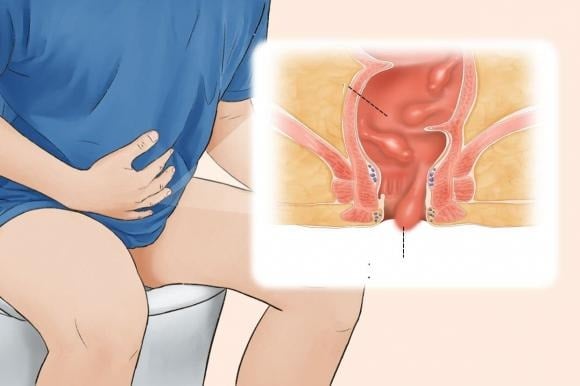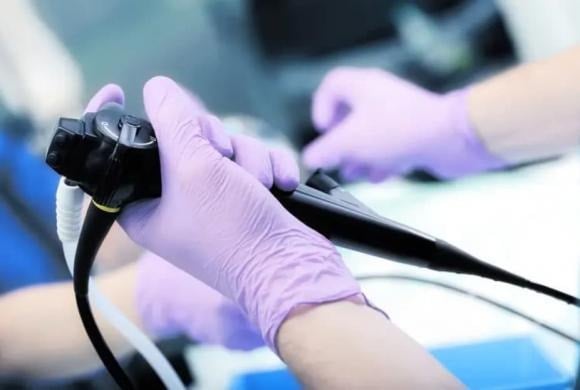Why Are Polyps More Prone to Form in the Intestines?
Colorectal polyps are abnormal small growths that protrude from the intestinal mucosal surface. Although initially benign, approximately 85% of colorectal cancer cases develop from these polyps. It can take a polyp 5-10 years to transform into cancer, hence the importance of early detection.
According to Dr. Liu Si De, Head of the Department of Gastroenterology at Nanfang Hospital (China), the exact cause of polyp formation remains unclear, but several risk factors can contribute to this process:
Age: The older you get, the higher the risk of polyps due to intestinal mucosal aging and reduced ability to self-repair cell damage.

Diet: A diet high in fat, red meat, and low in fiber is a leading cause. Individuals with a fat intake exceeding 40% are significantly more at risk.
Chronic Intestinal Inflammation: Conditions such as chronic colitis, ulcerative colitis, or Crohn’s disease cause long-term irritation to the intestinal mucosa, fostering polyp development.
Genetics: About 10-27% of colorectal cancer patients have a family history of the disease. If a family member has had adenomatous polyps, the genetic risk is considerable.
Gut Microbiome Imbalance: Dysbiosis, an imbalance between beneficial and harmful bacteria in the gut, can cause chronic inflammation, creating an environment conducive to polyp formation.
4 Warning Signs of Colorectal Polyps When Going to the Toilet
Don’t ignore these symptoms as they may indicate the presence of colorectal polyps:
Bloody Stools: This is the most common sign. Blood may appear on the stool with a dark red color, or it may only be detectable through a fecal occult blood test.
Prolapsed Polyps: Some polyps with stalks near the rectum may protrude during bowel movements. They are usually fresh red, soft, and can retract afterward.

Altered Bowel Habits: Large polyps or those in obstructive positions can lead to persistent constipation, diarrhea, or a mix of both. A frequent urge to strain during bowel movements is also noteworthy.
Abdominal Pain: When the intestines contract vigorously and collide with the polyps, you may experience intermittent abdominal pain, which subsides as intestinal motility decreases.
What to Do If Polyps Are Found in the Intestines?
When polyps are detected through endoscopy, the first and most crucial step is to remove them as soon as possible. Timely intervention can prevent the progression to colorectal cancer, a stealthy disease often asymptomatic in its early stages.
A study published in The Lancet Gastroenterology & Hepatology, involving over 100,000 participants, revealed that all types of polyps, regardless of size, have the potential to become cancerous if not monitored and treated appropriately.
Expert Recommendations:
Individuals should undergo routine colonoscopies every 5 years starting at age 50.
For those with a history of polyps, follow-up examinations are advised every 3 years for close monitoring.
The following two types of polyps have a nearly 100% risk of malignancy and should be removed immediately upon detection:
Adenomatous Polyps
Familial Polyposis






























